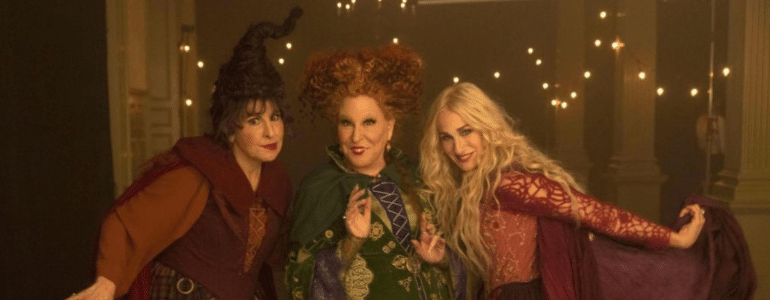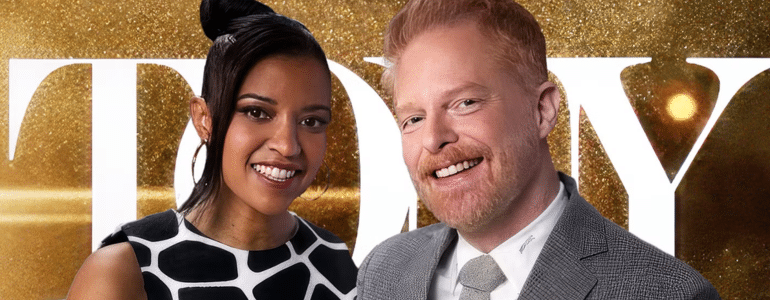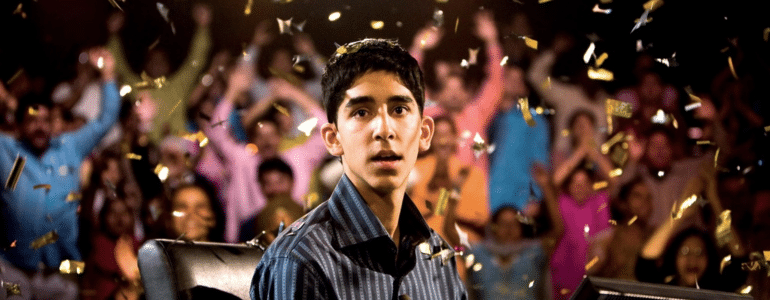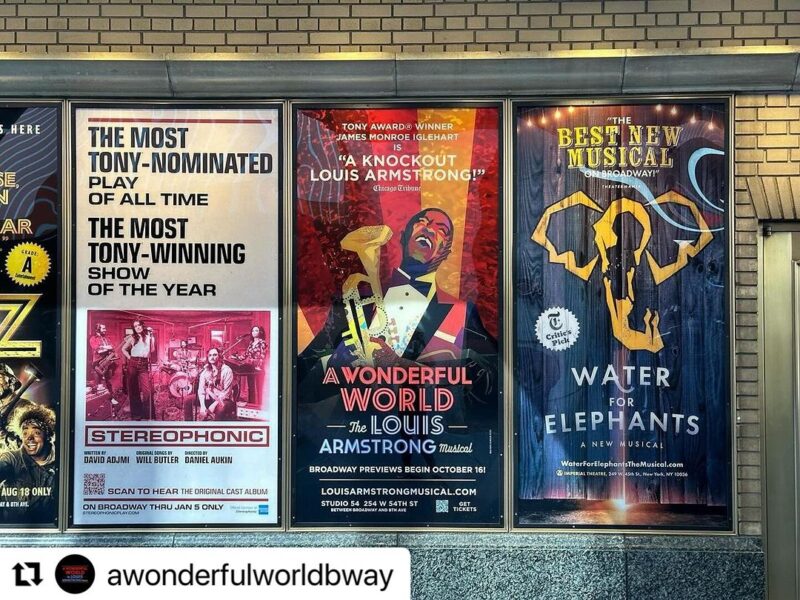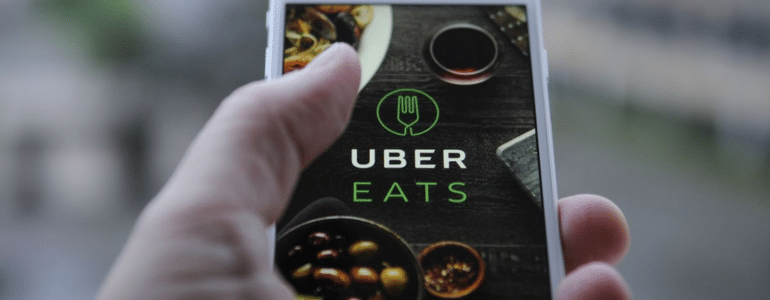Harry Potter and The Elusive Sponsor.
Getting a sponsor for a Broadway show seems like the stuff of fantasy. At every early ad meeting for a show that I’ve worked on, someone usually pipes up that we should find a sponsor to pay for some major expense, and trade away their name in our media, tickets, etc.
It’s always a great idea, and everyone around the table usually nods their head, yes. Because in theory it makes perfect sense. Broadway shows are a highly visible, high-class product, and other big brands would definitely benefit from associating their wares with ours.
So why is it so rare?
Why, to give you a specific example, did not one of the 15 Marketing Directors for big brands fail to even return my call when I reached out to them with a very unique Broadway branding opportunity?
Here are a few of the excuses I’ve heard over the years from potential sponsors:
- “It’s hard to associate ourselves with a product, before seeing the product.”
- Brands don’t like to put their money or their name on something until it has already been introduced to the public. It makes sense. If a show isn’t well received, does that feeling transfer to the brand? Besides, if a show gets out of the gate and is a hit, we usually don’t need the sponsor.
- “There are not enough eyeballs.”
- Even the most sold-out musicals can’t put more than 16,000 bodies (or 32,000 eyeballs) in the seats every week. A lot of the live event sponsors like to sponsor one-time events that have 20,000 people plus in one night (think concerts, sporting events, etc.) PLUS millions on television. Thems a lot of eyeballs!
- “You may close tomorrow. Then what?”
- Since we can’t guarantee the length of the run, it’s hard for them to quantify the exposure of their brand. And at the big brand level, it’s all about dollars and guaranteed impressions.
- “I can’t advertise in the theater.”
- Current contractual relationships between most theaters and Playbill, or their program provider, prevent the advertising of other commercial products inside the venue. No signage, no manned or womanned display booths getting our customers to sign up for services, etc.
- “It’ll take me too long to get this approved.”
- Big businesses plan their quarters, their years, and sometimes their decades of underwriting in advance. Often shows approach potential sponsors just a few months before opening, and at that point, discretionary underwriting funding is gone.
So what are we to do? Is sponsorship an impossibility?
No. Of course not. We’ve got to come up with answers to these “my dog ate my homework” excuses, because there are work-arounds for everything . . . if we’re all willing to do the work.
– Want to know what the product is before you sponsor it? Try a revival. Or do you want to come to a reading?
– Not enough eyeballs? The average Broadway musical probably spends $5 mill a year in paid media. Get on some of that. Or try a tour. And we’ll start working on new media options for you.
– We may close tomorrow? Put up less money if the risk is greater, but don’t stay on the sidelines. Or find a show specialist that can tell you what shows have a potential of going down quick and which don’t (we all know, don’t we?).
– You can’t advertise in the theater? The shows have more ways to reach our customers than ever before, so we can get to them (or start lobbying the theater owners).
– Too long to get approved? We’ll start coming to you earlier. We promise.
Everyone wonders why CBS continues to broadcast the Tony Awards every year despite disappointing ratings. From what I hear, it’s because of the type of viewer that tunes in. Tony Award watchers and theatergoers are highly educated and usually high-income individuals (Now it makes sense why Lexus, Cadillac, etc. advertise during the telecast, doesn’t it?). And while there may not be a lot of them watching, they can afford big-ticket items.
Our audiences have significant value to corporations of all shapes and sizes. We just have to do better at communicating our value, and finding more value for them.
Like Harry P himself, we’ve got to find a way to put them under our spell.
I’m going to cut this post short now, because I’ve got 15 corporations to follow-up with.
Podcasting
Ken created one of the first Broadway podcasts, recording over 250 episodes over 7 years. It features interviews with A-listers in the theater about how they “made it”, including 2 Pulitzer Prize Winners, 7 Academy Award Winners and 76 Tony Award winners. Notable guests include Pasek & Paul, Kenny Leon, Lynn Ahrens and more.








